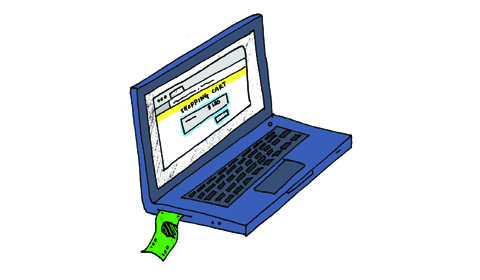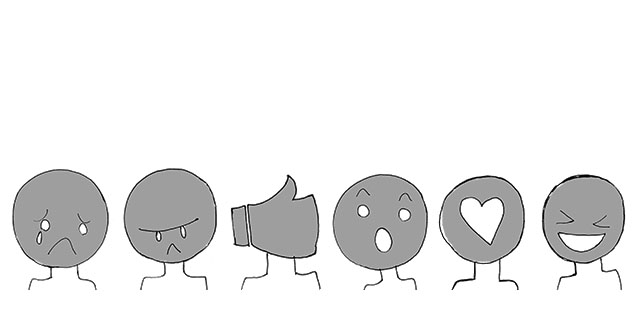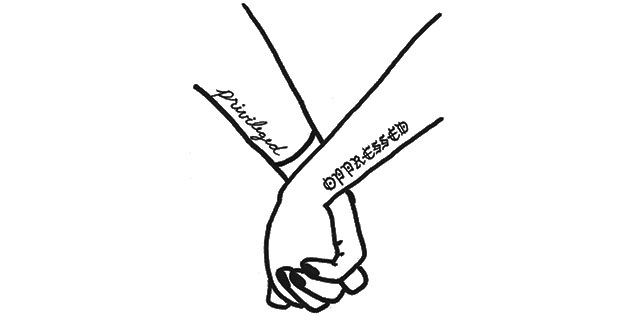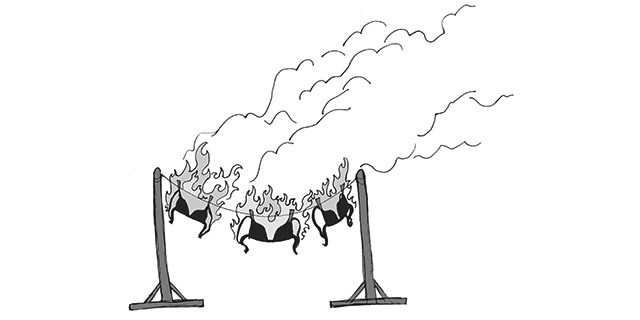
When surfing the Internet, computer users can find themselves easily distracted or utterly lost. Before they know it, what started out as a quick search for a dictionary definition leads to hours spent on Facebook, Buzzfeed, Shopbop and other websites that happen to be on their bookmarks bar. These tempting websites are just a click away from one’s original tasks.
As technology increasingly pervades both the professional and personal lives of Americans, health problems that arise from staring at a computer for prolonged periods of time have seen a correlating upward trend. Forbes states that, in 2005, the Survey of Ophthalmology coined “Computer Vision System” (CVS), a medical term for issues that arise from spending extended amounts of time in front of a computer screen. The survey refers to the condition as “a repetitive strain disorder that appears to be growing rapidly, with some studies estimating that 90% of the 70 million U.S. workers using computers for more than three hours per day experience it in some form.”
According to Forbes, a common complaint of people experiencing CVS is the blurring of one’s mind. Looking at a computer for too long can cause one’s brain to grow less sharp as time progresses. This unfortunate symptom results in consumers losing their sense of practicality, and thus online shoppers often make poor decisions and spend a significantly greater amount of money than they would in an actual store.
However, consumer websites themselves are not blame-free when it comes to the enormous amounts of dough spent online every day. Companies pay for pop-up ads to appear when computer users browse the internet. In fact, web browsers often track the websites that a user visits, so that they can then recommend similar websites. This often causes online shoppers to cave into clicking on these websites and, as a result, make frequent purchases online. They spend more than they would allow themselves to had they walked into a store with the purpose of shopping for a specific item.
Additionally, online retailers often use tactics such as frequent sales to lure shoppers into making a purchase in a timely fashion. Companies frequently put time limits on these sales, which puts pressure on the consumer to act quickly for fear of “missing out” on a great deal. Therefore, many online shoppers end up spending\ money on items that they do not need, convinced that they are saving money because they are receiving a discount. Some online retailers, such as GILT and Hautelook, reserve deeply discounted items for their customers for very short periods of time, leaving online shoppers just minutes to make a purchase. If consumers don’t act fast, their temporarily reserved items could be snagged by another online shopper. Lastly, many companies send out frequent mass emails to their customers, informing them about new shipments or trends that are being featured. These tempting emails can result in hours of online shopping. Since most companies send out emails to their customers at least once a day, consumers end up browsing shopping websites online for long periods of time daily, encouraging them to make more purchases.














